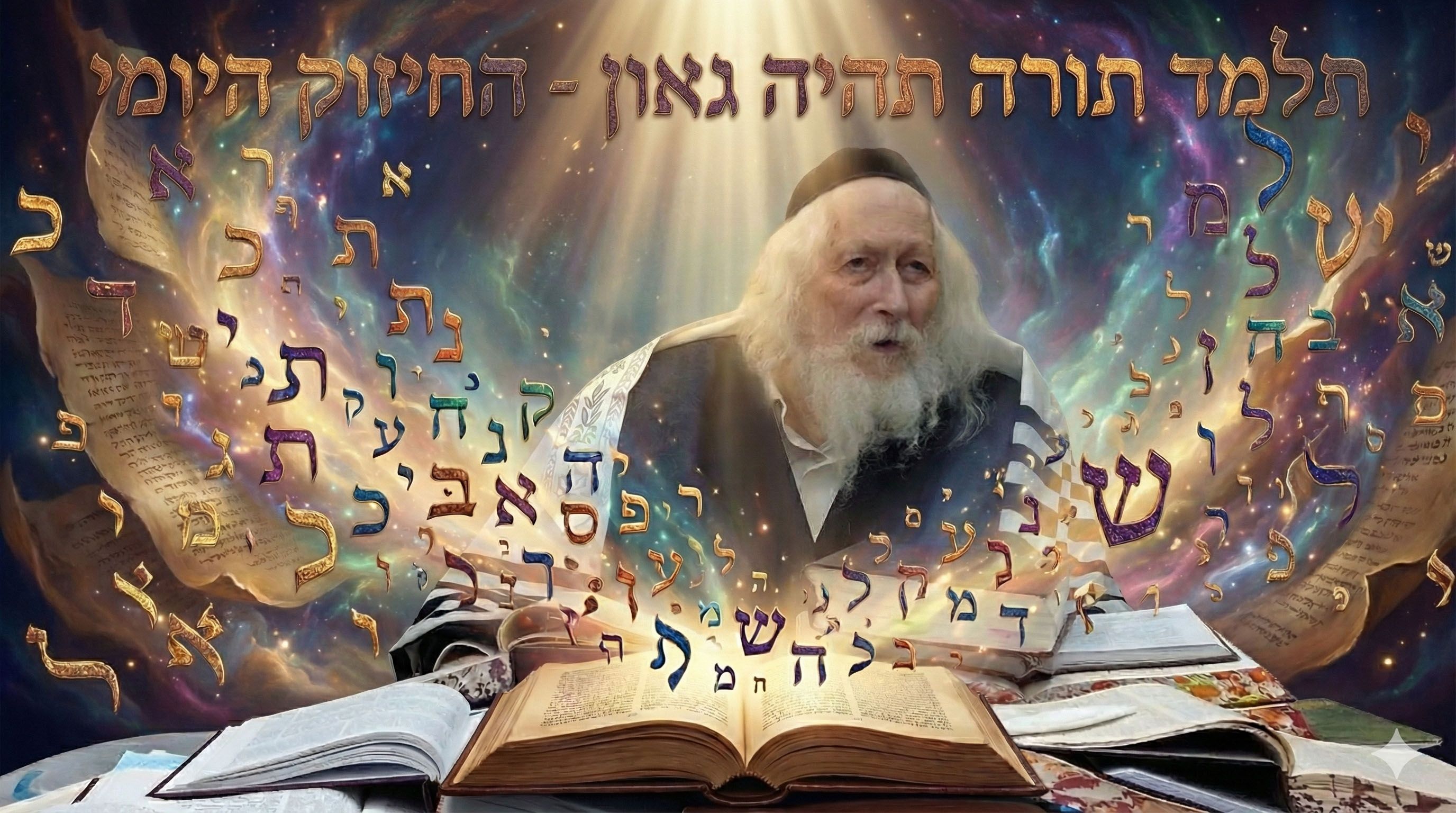גְּשָׁמִים אוֹמְרִים - Rain Says:
Tehillim 68:10
גֶּשֶׁם נְדָבוֹת תָּנִיף אלוקים נַחֲלָתְךָ וְנִלְאָה אַתָּה כוֹנַנְתָּהּ
geshem nedavot tanif Elokim nachalatcha venila atah chonanta
A generous rain did You pour down, O G-d; when Your inheritance was weary, You did establish it strongly.
A generous rain did You pour down, O G-d; when Your inheritance was weary, You did establish it strongly.
Some explain that the entire verse pertains to Matan Torah. At Sinai, when the Benei Yisra'el grew faint in the Presence of G-d, "a generous rain did You pour down, O G-d." Like one spraying water on a person who has fainted, it was if You had poured down a generous rain upon them to revive them.
"When Your inheritance" - Your people Yisra'el - "was weary" to exhaustion from the bondage of the Egyptian exile; when they were fainting in terror at the trembling and shaking of the earth and the thunderous sounds at Sinai; "You did establish it strongly" and revived their souls.
Rashi explains: This, too, You did for us. Whenever we needed rain, You would always send us rains of generosity and blessing. When the Land of Your inheritance was weary with thirsting for water, You established it firmly.
"When Your inheritance" - Your people Yisra'el - "was weary" to exhaustion from the bondage of the Egyptian exile; when they were fainting in terror at the trembling and shaking of the earth and the thunderous sounds at Sinai; "You did establish it strongly" and revived their souls.
Rashi explains: This, too, You did for us. Whenever we needed rain, You would always send us rains of generosity and blessing. When the Land of Your inheritance was weary with thirsting for water, You established it firmly.



































.jpg)







